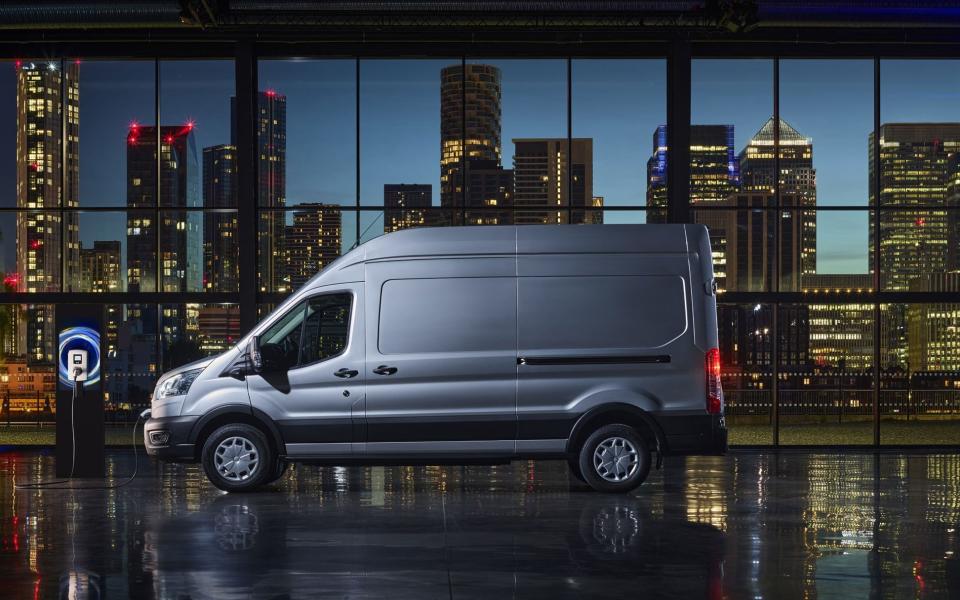Ford cars to automatically slow down by schools and hospitals

Ford is preparing to launch cars that automatically slow down when they are driving past schools and hospitals in an effort to cut road deaths and reduce speeding fines.
The US car maker is testing a "geofencing" system in which drivers will get an alert to slow down as they approach high-risk areas. If a driver still fails to act, the car will slow down on its own unless it is overridden.
The plan, which Ford is trialling in two electric vans in Cologne, Germany, builds upon its existing cruise control features which allow drivers to set speed limits and stick to them.
It also aims to reduce the burden of reading an ever-growing number of signs on European roads.
The German traffic code has more than 1,000 types of road sign, Ford said. In the UK, the number of road signs doubled in the two decades to 2015.
Ford did not immediately comment on when the technology would be available in the UK, but it said that it could be installed in commercial and passenger vehicles.
In the year to June 2021, 24,530 people were killed or seriously injured on British roads.
Car makers are gradually adding features to assist drivers as they attempt to make their products more and more autonomous.
Most new cars will detect when they are straying from a motorway lane and will alert a driver if they are too close to another car.
Geofencing is also being used to clean up air in cities. Hybrid cars and vans can be automatically told to use battery power in cities and then use their petrol or diesel engines when away from urban areas.
Michael Huynh, manager of City Engagement Germany at Ford of Europe said: “Connected vehicle technology has the proven potential to help make everyday driving easier and safer to benefit everyone, not just the person behind the wheel.
“Geofencing can ensure speeds are reduced where – and even when – necessary to help improve safety and create a more pleasant environment.”

 Yahoo Finance
Yahoo Finance 